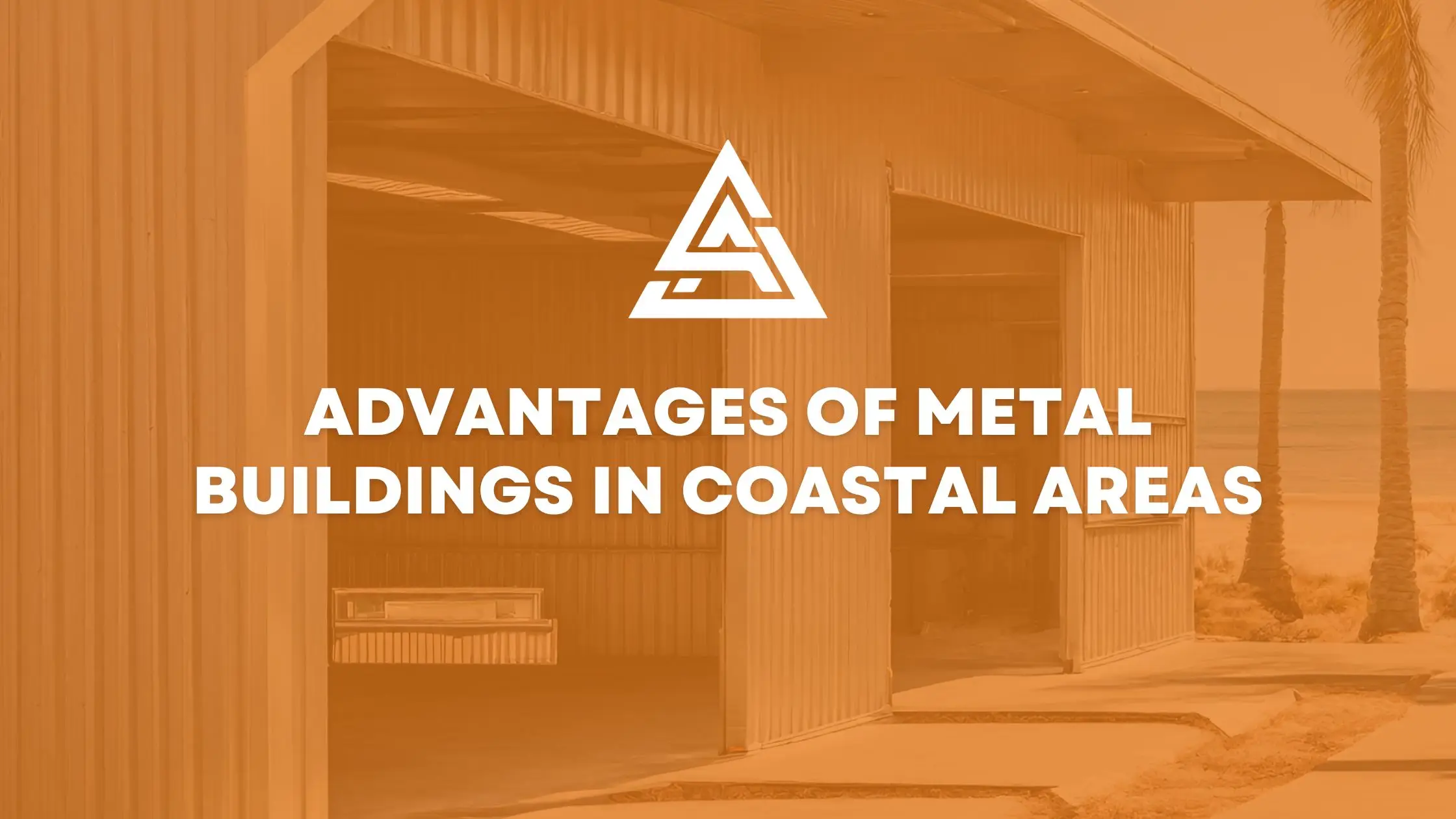Coastal areas, known for their unique challenges like high humidity and strong winds, require durable construction solutions. Metal buildings have emerged as a popular choice in these environments, offering several key advantages.
- Weather Resilience: In regions where severe weather is a concern, the sturdiness of metal structures is invaluable. Their ability to withstand high winds and storms makes them a reliable option for safety and longevity.
- Corrosion Resistance: The corrosion resistance of metal buildings is crucial in coastal areas, where saltwater can significantly damage traditional materials. Metals like galvanized steel offer longevity and reduced maintenance.
- Energy Efficiency: Insulation options in metal buildings lead to energy savings. This is particularly beneficial in coastal climates where temperature control is essential.
- Design Flexibility: The customization of metal buildings caters to various uses and aesthetic preferences, making them suitable for diverse coastal applications, from residential to commercial.
- Eco-Friendliness: The environmental aspect of metal buildings, often made from recycled materials, aligns with the ecological priorities of many coastal communities.
- Cost-Effectiveness: Long-term, metal buildings are a cost-effective choice. Their durability leads to fewer repairs and a longer lifespan compared to traditional structures.
- Quick Construction: The expedited construction process of metal buildings is advantageous in coastal areas where building seasons might be shorter due to climatic conditions.
Metal buildings offer a robust, efficient and adaptable solution for construction in coastal areas. Withstanding harsh conditions, they represent a smart investment in sustainability and resilience. Explore more on metal buildings for coastal living.

